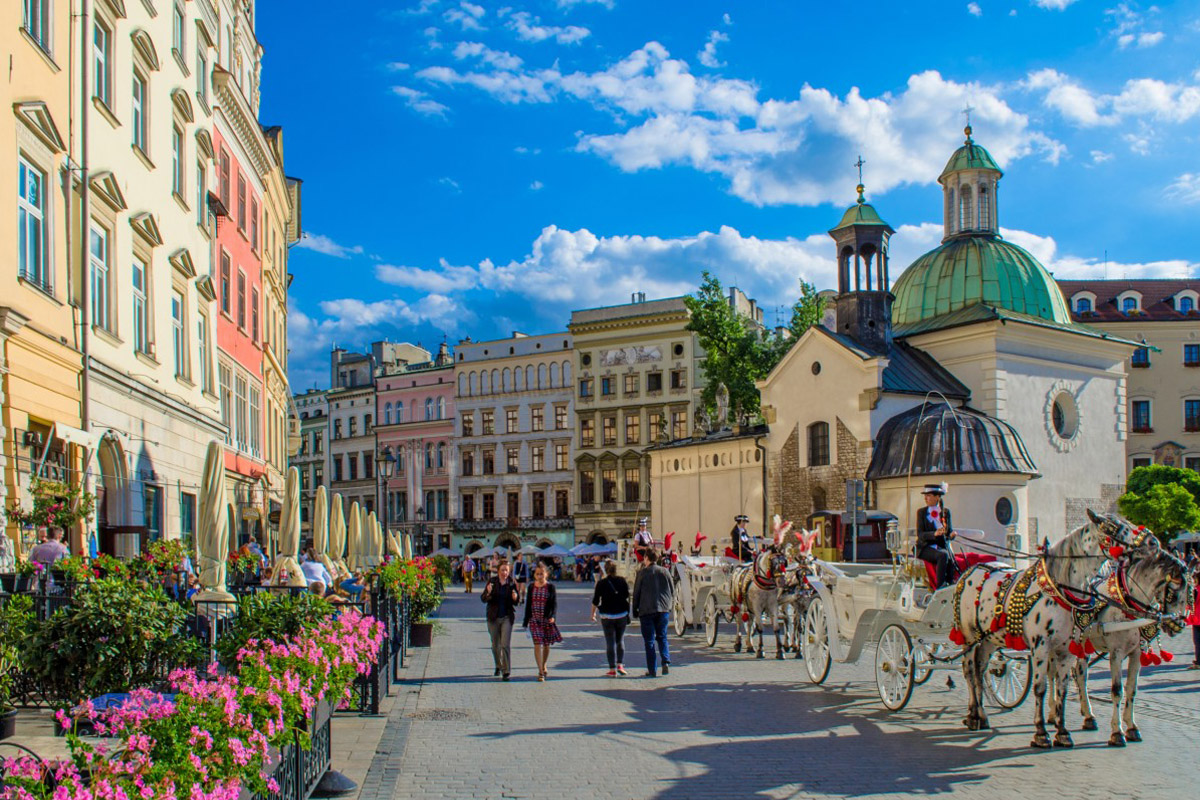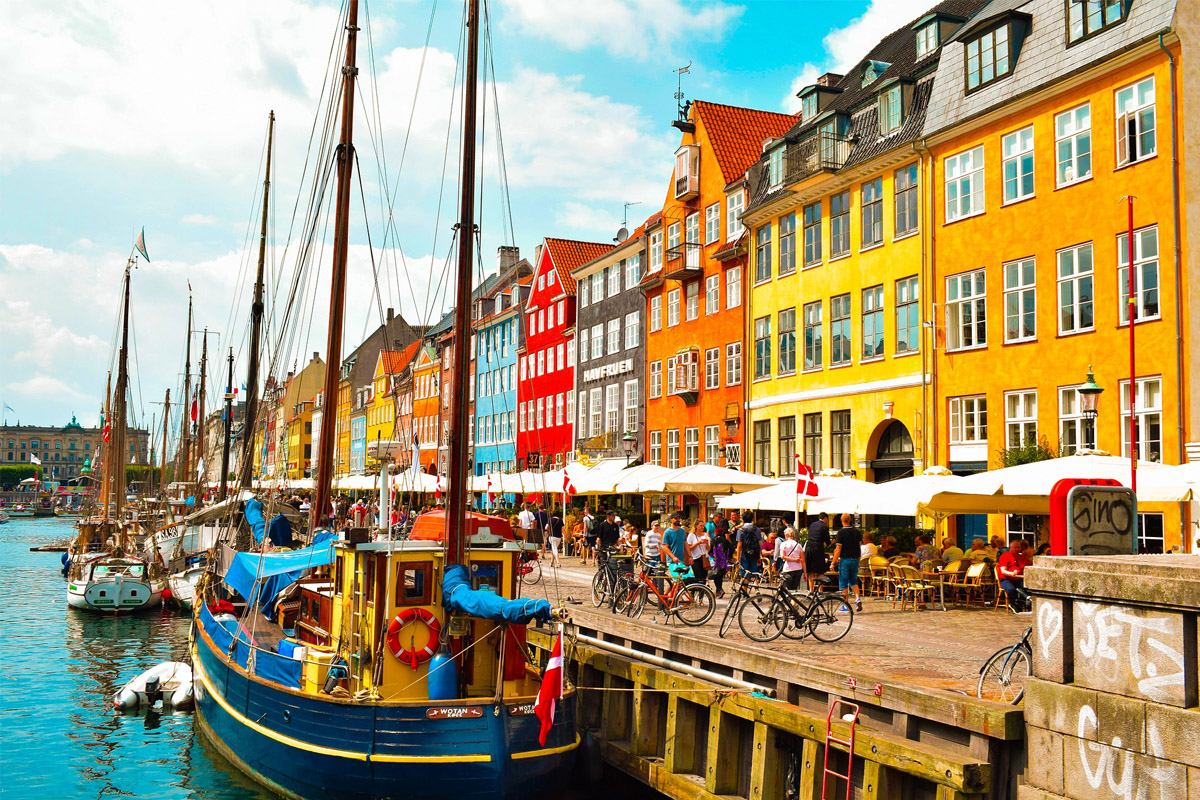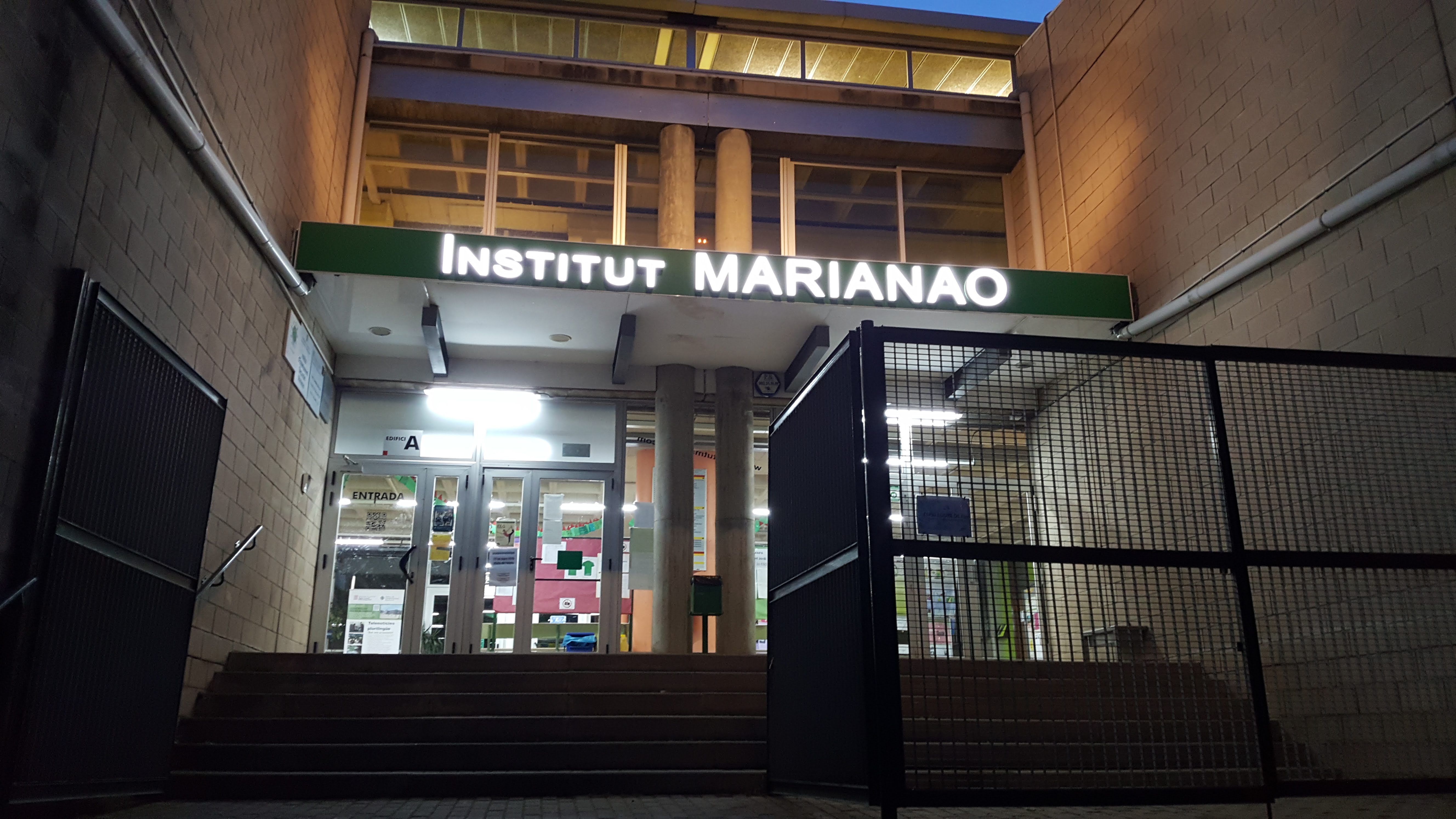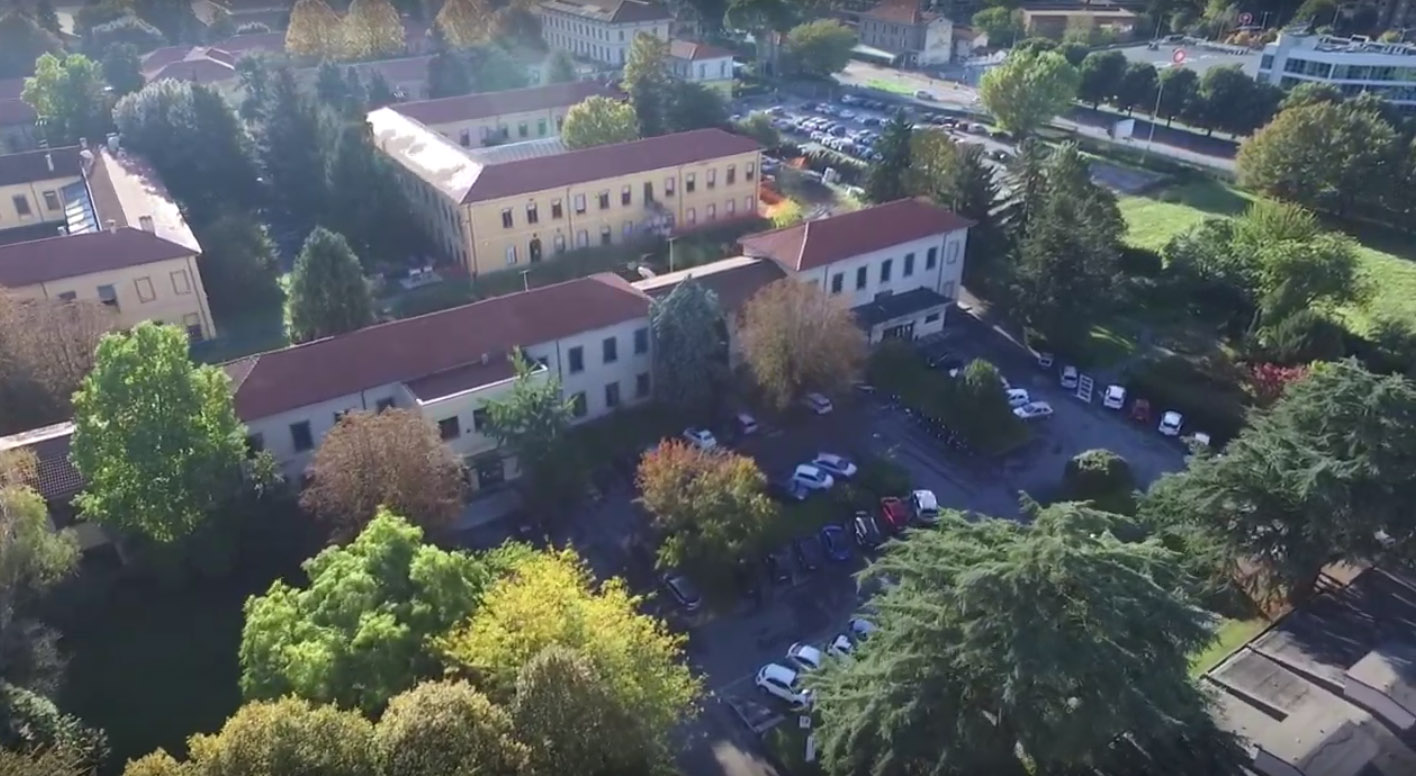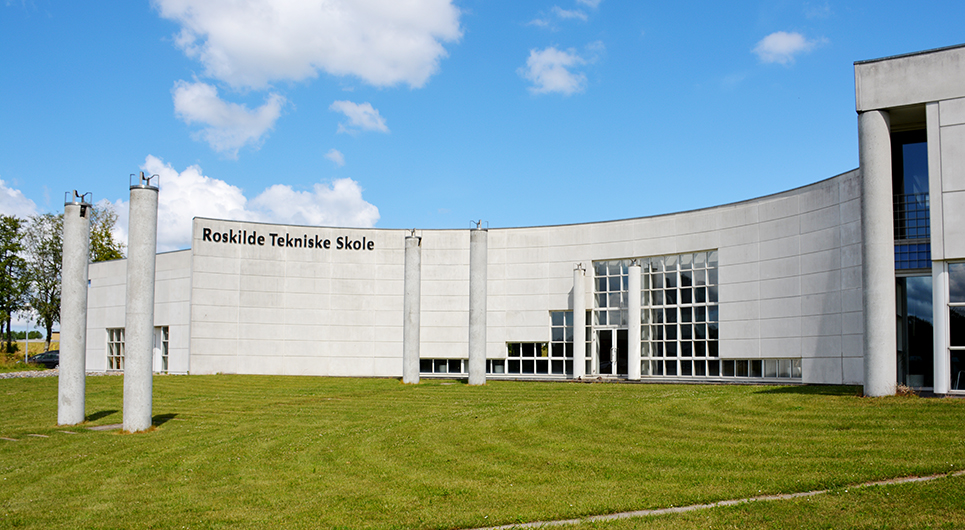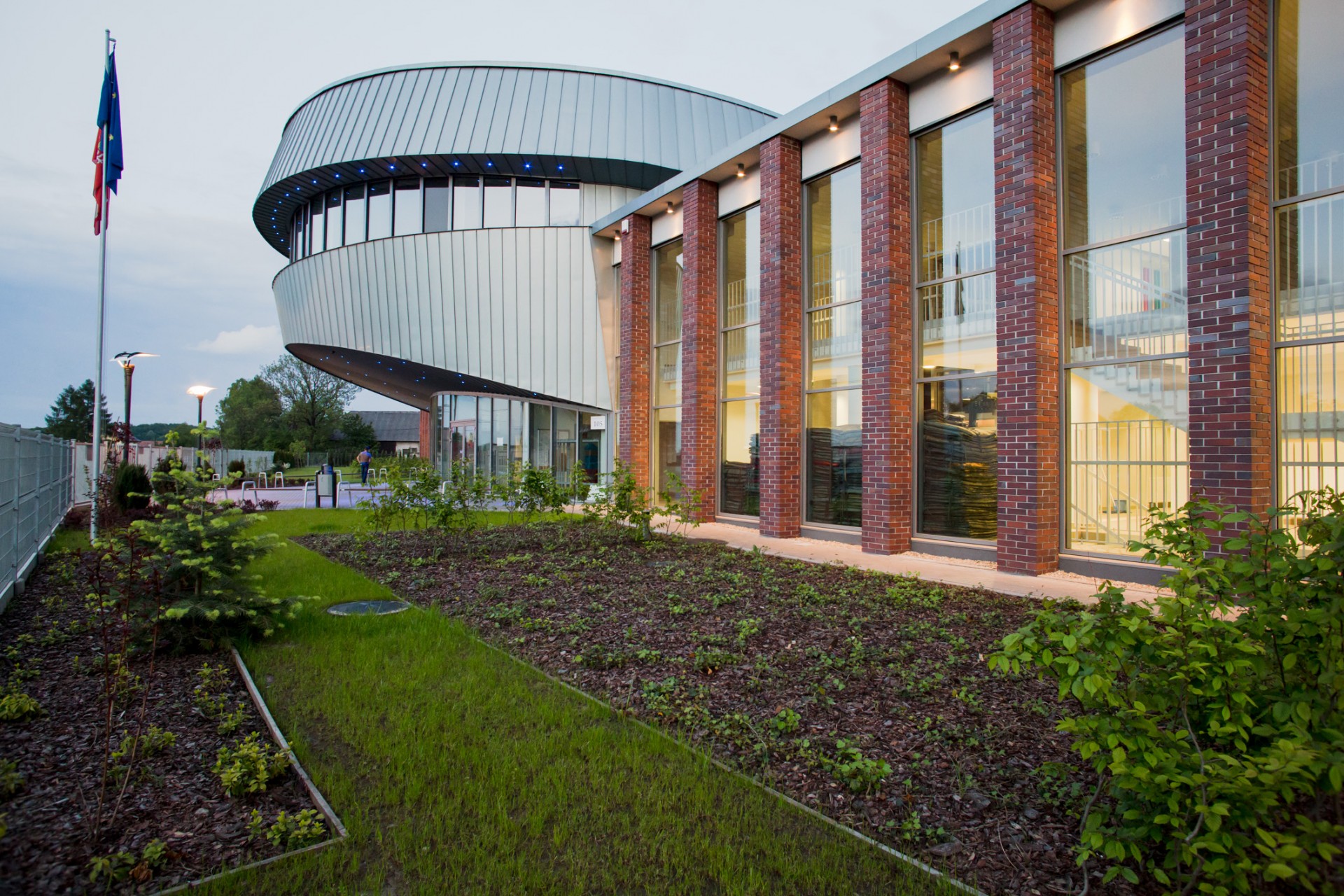The Marianao organization coordinator of a KA2 project
The English Department and Mobility Projects Department of the Marianao Organization is the coordinator of a KA2 project funded by the European Community. The Project includes our VET students from September 2020 to August 2022.
What is a KA2 project?
A KA2 project is a transnational strategic partnership under the key actions 2 of the Erasmus+ program. KA2 projects offer the opportunity to cooperate within innovation and exchange of good practices for vocational scholar organizations of the European Community within the areas of:

Implementing innovative practices
Implementing and transferring innovative practices at local, national and European level.

Modernizing and internationalizing education
Promoting the modernization and internationalization of education and Vocational systems.

Improving the skills
Improving the skills, personal development and employability of European citizens.
What is our goal?
The project aims to create a network between the participating centers to compare ideas, practices and methods to improve the following skills:
- Environmental sustainability
- Language skills
- Digital technologies
- Skills in vocational cycles
- Active citizenship and inclusion
-
Environmental sustainability is the main theme of our project from which students will work, dealing with zero kilometer agricultural products in the areas where students live and using recyclable materials in the activities.
-
Support the development of the students’ language skills, explicitly English, as it will be used throughout all the project, also in the final presentations made by the students about:
- The emblematic cultural places of the students' home cities
- A painter from each of the participating countries.
-
Learning to use the software which will be used in the classrooms throughout all the project.
-
Support the development of competences in Vocational cycles therefore support the validation process of knowledges, competences and abilities acquired by means of the project.
-
- Support the active citizenship and awareness-raising on issues related to inclusion, social justice and environmental sustainability through the integration of cultural and environmental content.
- Support students with special needs and at risk of early school leaving to complete their educational path and fight against segregation and discrimination in education.
Participating centres
Four institutes from four different countries are participating in the project:




